
A Coarse to Fine Minutiae-Based Latent Palmprint Matching
Product Description
A Coarse to Fine Minutiae-Based Latent Palmprint Matching
Abstract— The availability of live-scan palmprint technology, high resolution palmprint recognition has started to receive significant attention in forensics and law enforcement. In forensic applications, latent palmprints provide critical evidence as it is estimated that about 30 percent of the latents recovered at crime scenes are those of palms. Most of the available high-resolution palmprint matching algorithms essentially follow the minutiae-based fingerprint matching strategy. Considering the large number of minutiae (about 1,000 minutiae in a full palmprint compared to about 100 minutiae in a rolled fingerprint) and large area of foreground region in full palmprints, novel strategies need to be developed for efficient and robust latent palmprint matching. < Final Year Projects > In this paper, a coarse to fine matching strategy based on minutiae clustering and minutiae match propagation is designed specifically for palmprint matching. To deal with the large number of minutiae, a local feature-based minutiae clustering algorithm is designed to cluster minutiae into several groups such that minutiae belonging to the same group have similar local characteristics. The coarse matching is then performed within each cluster to establish initial minutiae correspondences between two palmprints. Starting with each initial correspondence, a minutiae match propagation algorithm searches for mated minutiae in the full palmprint. The proposed palmprint matching algorithm has been evaluated on a latent-to-full palmprint database consisting of 446 latents and 12,489 background full prints. The matching results show a rank-1 identification accuracy of 79.4 percent, which is significantly higher than the 60.8 percent identification accuracy of a state-of-the-art latent palmprint matching algorithm on the same latent database. The average computation time of our algorithm for a single latent-to-full match is about 141 ms for genuine match and 50 ms for impostor match, on a Windows XP desktop system with 2.2-GHz CPU and 1.00-GB RAM. The computation time of our algorithm is an order of magnitude faster than a previously published state-of-the-art-algorithm.
Including Packages
Our Specialization
Support Service
Statistical Report

satisfied customers
3,589
Freelance projects
983
sales on Site
11,021
developers
175+Additional Information
| Domains | |
|---|---|
| Programming Language |
Would you like to submit yours?


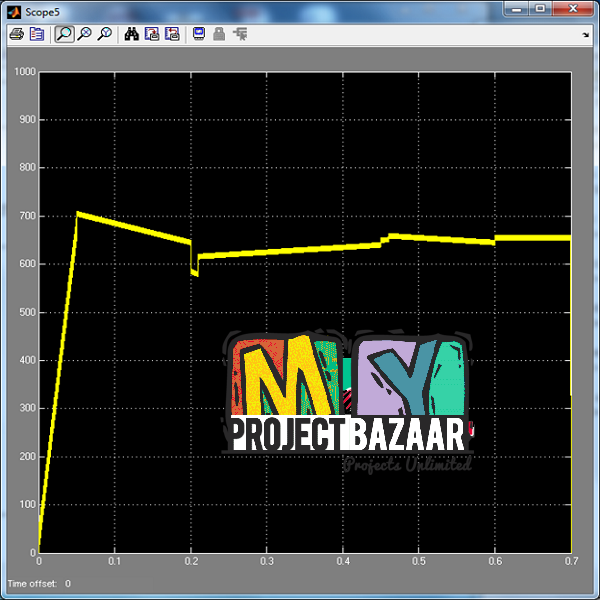
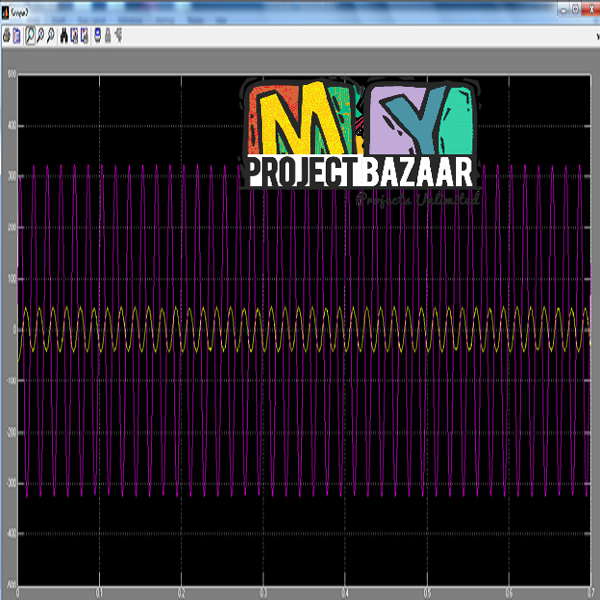








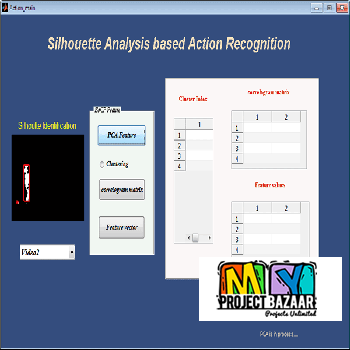

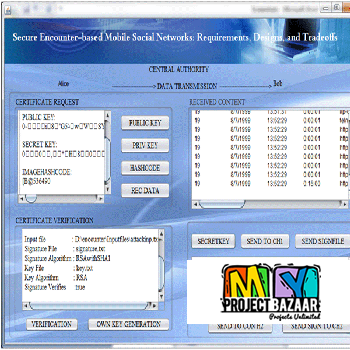
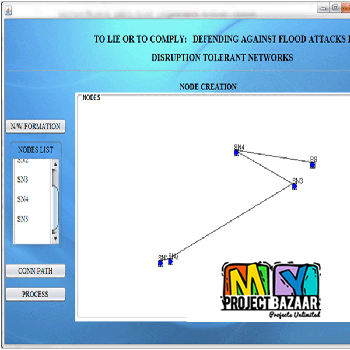


There are no reviews yet